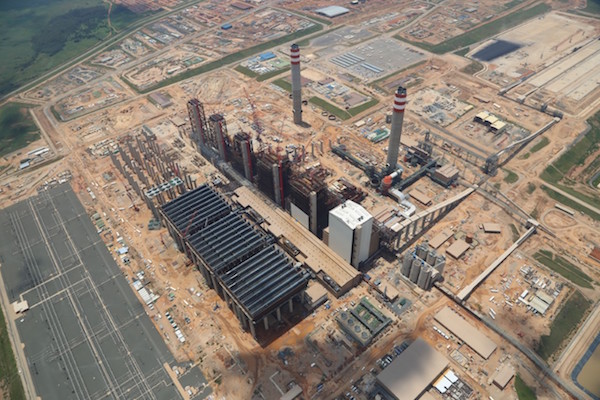- Acting Director General of the Department of Public Enterprises Kgathatso Tlhakudi confirmed in a parliamentary briefing this week that South Africa’s power utility, Eskom, is set to record a loss of R16 billion for the 2020 financial year.
- Eskom recorded a loss of 20.7 billion in the 2019 financial year and continues to rely on loans and government/ taxpayer bailouts to survive.
- The utility has been plague by corruption, mismanagement, fraud and massive overruns on its new Medupi and Kusile coal fired power stations over the last 10 years.
However, a week before in a state of the system briefing, Eskom CEO André de Ruyter said that the financial performance for the year was yet to be finalised, but Eskom expected a net loss, given its debt servicing costs. De Ruyter also confirmed a manageable debt target of R200 billion. Eskom currently has an unsustainable debt of R450 billion. Read more
Deputy Finance Minister David Masondo stressed that it is important to address Eskom’s debt. He added that an equity injection from government would not be sustainable. Eskom currently services debt with debt and faces many other challenges like extended load shedding until 2021. Read more.
Municipal debt remains a concern and show no sign of abatement, having increased from R19.9 billion, as at March 2019, to R28.04 billion as at 31 March 2020.
De Ruyter expressed concern over municipal debt. “The top 20 municipalities constitute about 81.25% of the total invoiced municipal arrear debt. We have in place 48 active payment agreements with defaulting municipalities, [and]19 of those agreements are being fully honoured,” he said. Only one municipality out of the top 20 is honouring its agreement. “The remainder are still defaulting.” Read more
Author: Bryan Groenendaal















